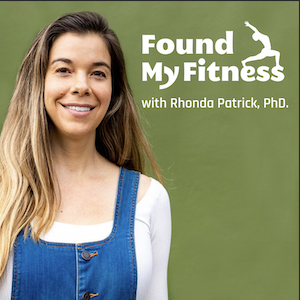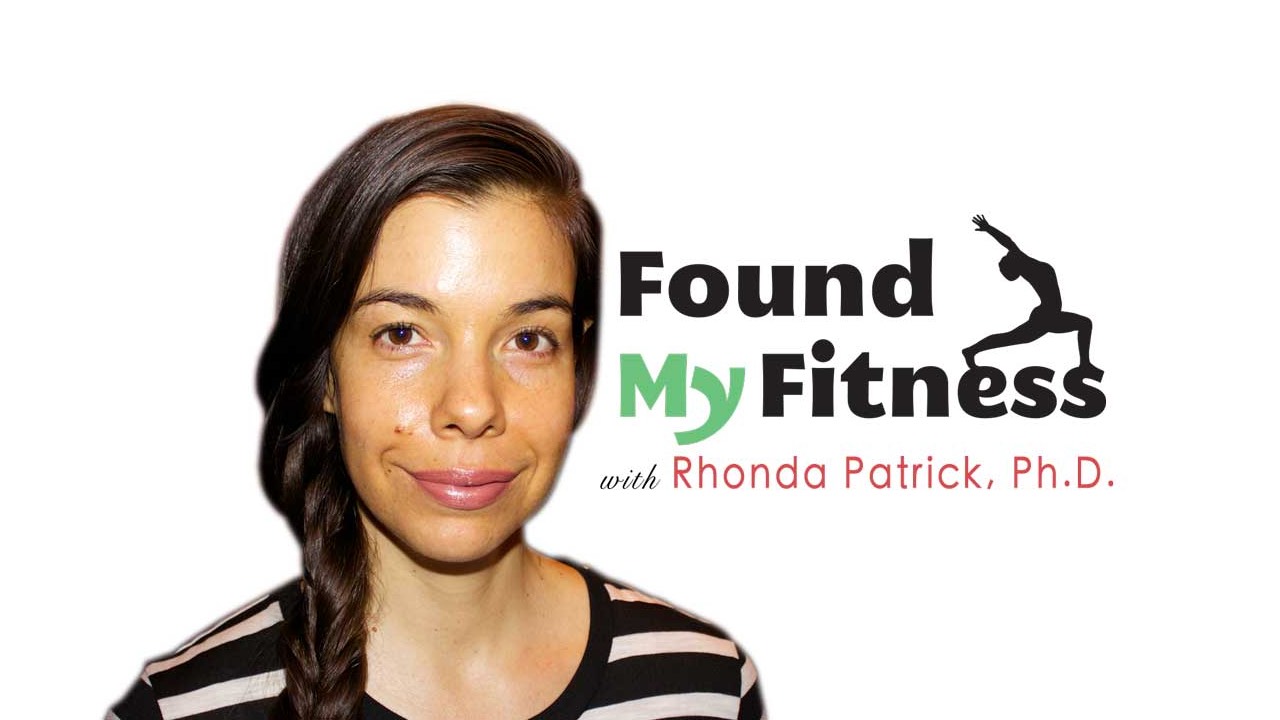Why You DON'T Need to Lift Heavy or Hit Failure to Build Muscle | Dr. Brad Schoenfeld
Posted on
April 2nd 2024
(almost 2 years)
SHARE
Get the full length version of this episode as a podcast.
This episode will make a great companion for a long drive.
The BDNF Protocol Guide
An essential checklist for cognitive longevity — filled with specific exercise, heat stress, and omega-3 protocols for boosting BDNF. Enter your email, and we'll deliver it straight to your inbox.
When you hit the gym, there's a lot to consider: What exercises should you do? How many sets & reps? How often should you train? It can be overwhelming. In this video, expect to learn:
- Why lifting heavy (1-3 rep sets) isn't necessary for muscle growth
- Why it's possible to gain muscle with 30+ rep sets
- How many reps short of failure you should stop (and whether hitting failure has any benefits)
- The minimum effective dose (sets per muscle group per week) for muscle growth
- Why volume is a driver of hypertrophy (and the optimal number of sets per muscle group per week)
Member only extras:
FoundMyFitness Members get access to exclusive content not available anywhere else. This
episode comes with a helpful quick reference
presentation slide deck
filled with all of the graphics and figures from the video.
Learn more about the advantages of a premium membership by clicking below.
Are you already a member?
Sign in here.
Attend Monthly Q&As with Rhonda
Support our work

The FoundMyFitness Q&A happens monthly for premium members. Attend live or listen in our exclusive member-only podcast The Aliquot.
Exercise News
- Former elite athletes experienced sport-specific lifespan gains and deficits relative to the general population.
- Just a few more minutes of daily activity could make a meaningful difference for longevity.
- Intense exercise alters how hormonal signals are transported to the brain.
- A simple strength-to-weight measure may flag cardiovascular disease and mortality risk in middle-aged and older adults.
- Brief movement breaks during sitting improve blood sugar control after a meal in adults with obesity.






